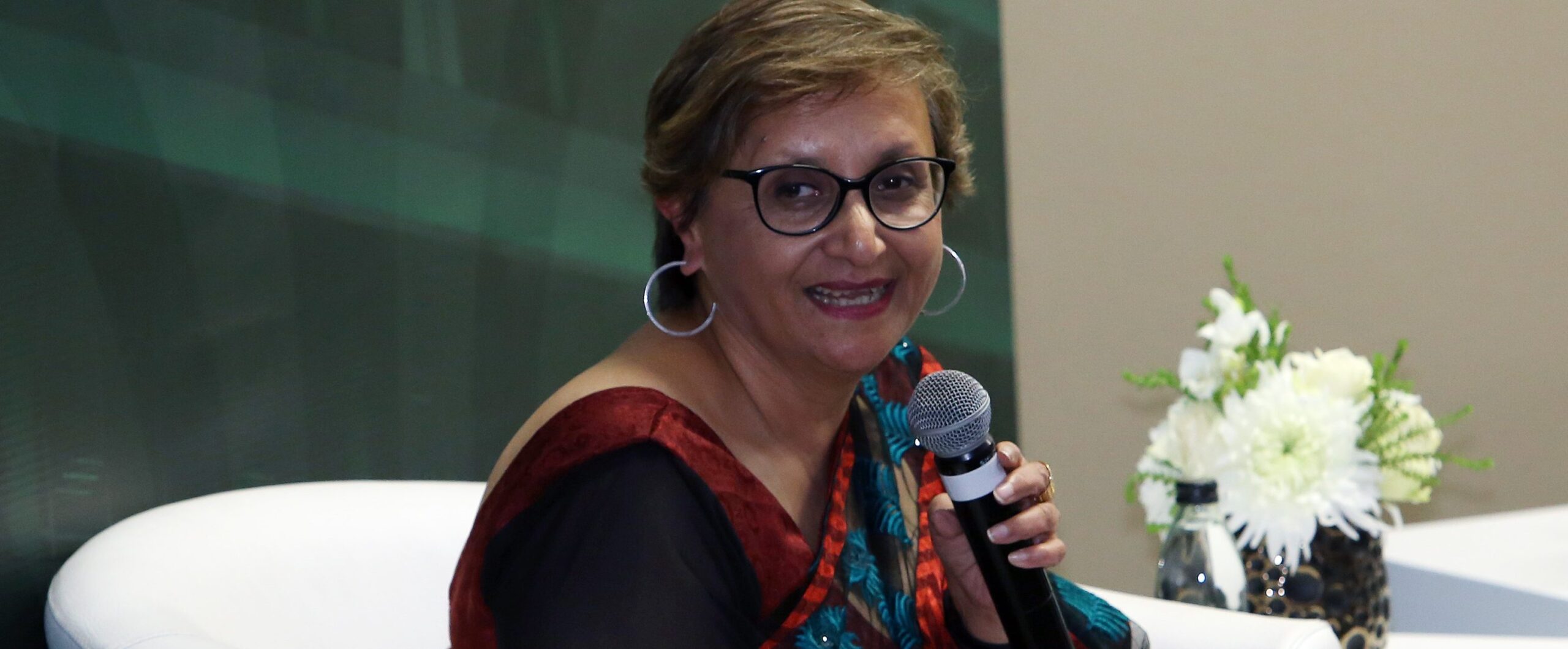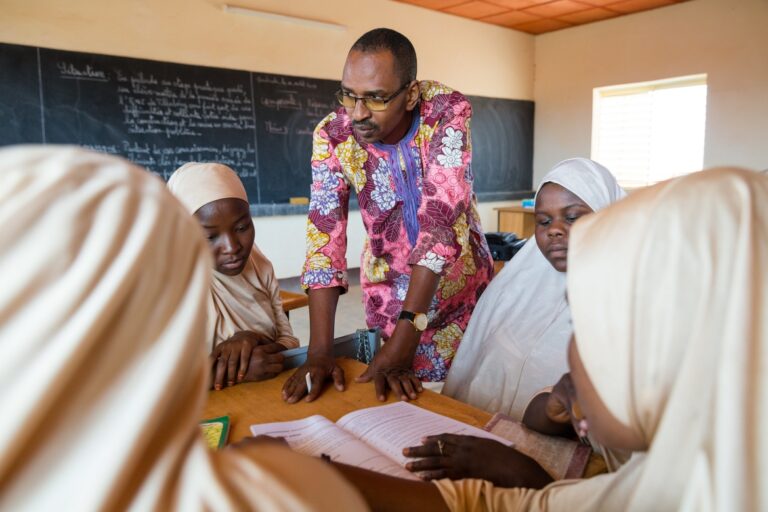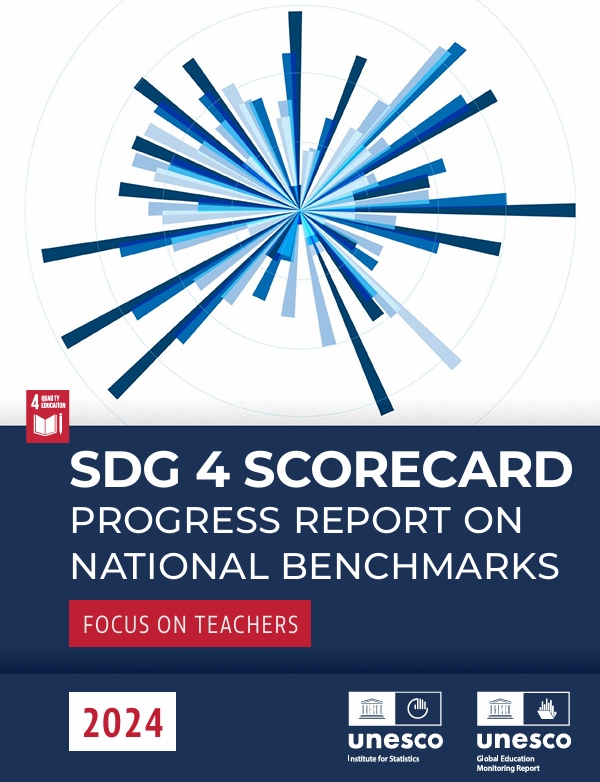Story Source: Rising Sun ~ Go to Original Article
The world is off-track in meeting education goals by 2030 and South Africa has huge challenges to overcome, a leading Durban education expert has observed. Prof Vithal stated that more than half of the planet’s children and adolescents or 617 million young people do not achieve minimum proficiency in reading and mathematics.
Alarmingly, in terms of the pupil:teacher ratio, the bottom 10 countries were located in Africa and had a pupil:teacher ratio of 57………………..






